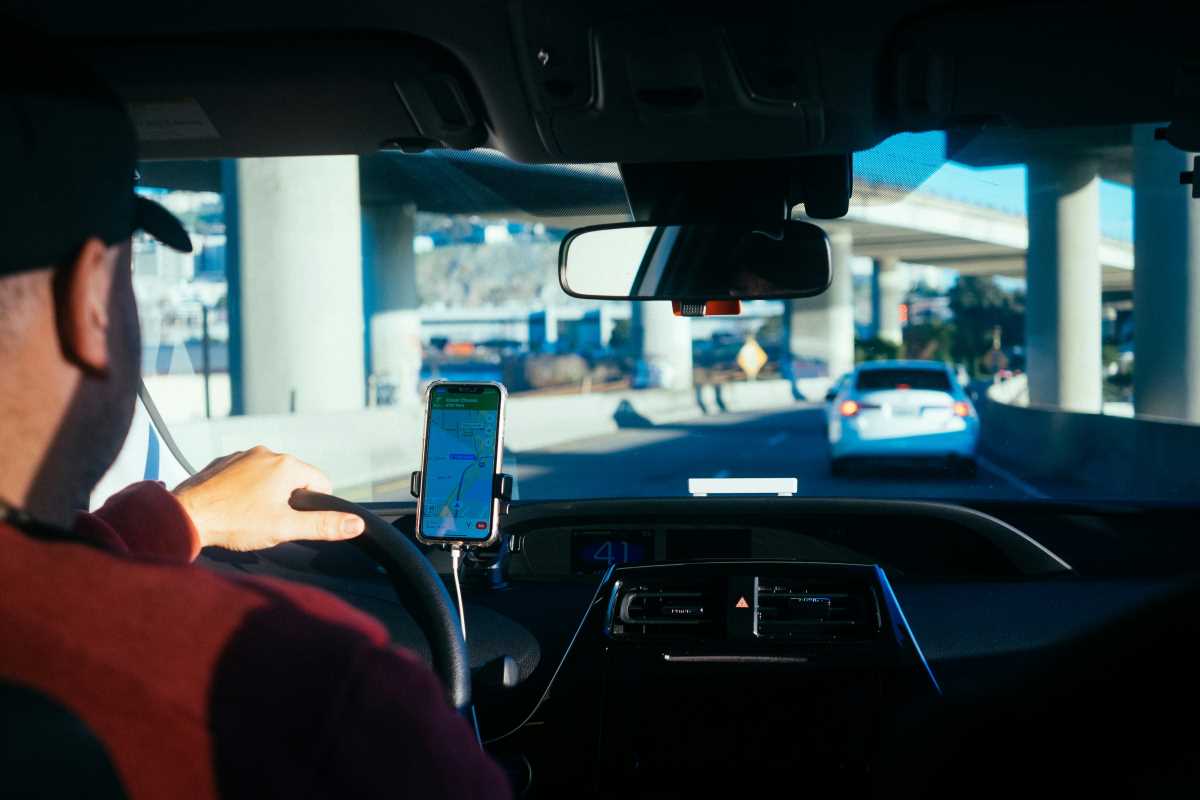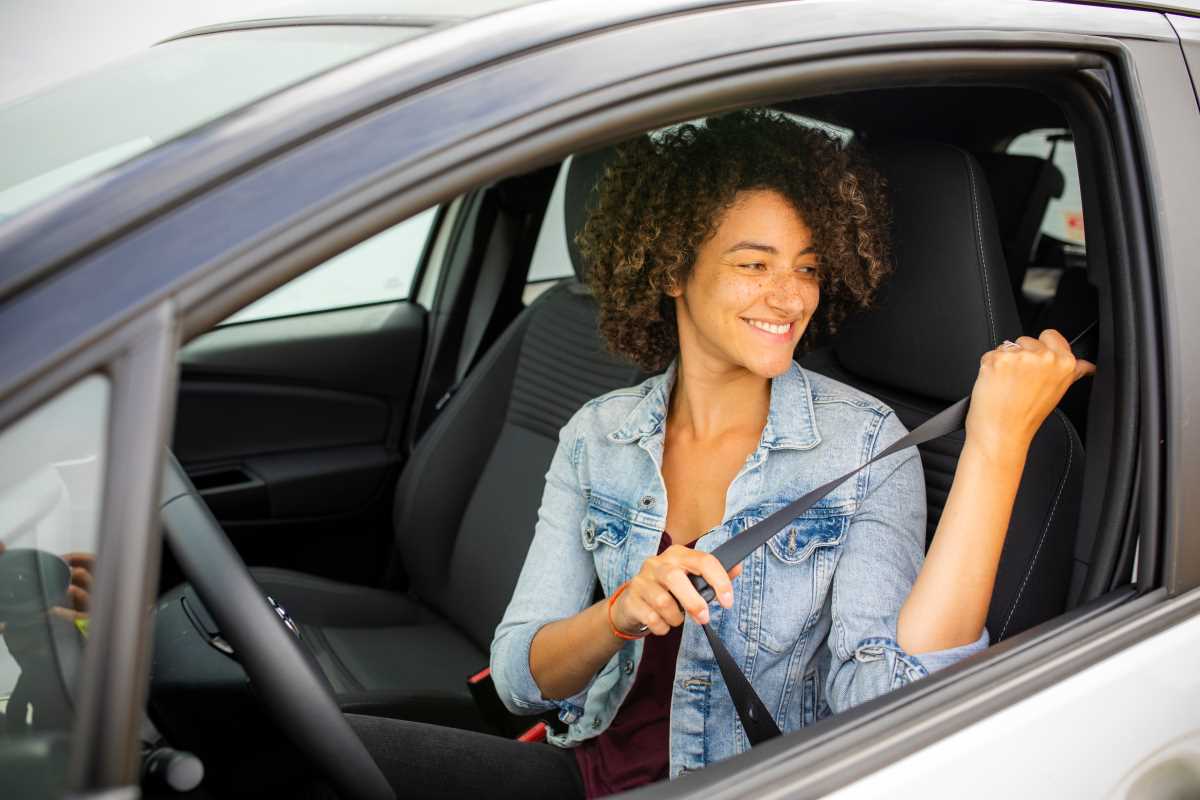Driving for services like Uber or Lyft is an appealing way to earn extra money and set your own timetable. The flexibility and independence are big perks, but before you start accepting rides, you need to consider an often overlooked detail: insurance. Regular auto policies won’t protect you while you're actively working for a ride-hailing company. That means there could be risky gaps in protection after an accident. It’s vital to learn how insurance for this kind of work operates so you can protect yourself, your car, and your paycheck. We will lay out the basics of ride-share coverage periods, clarify what these specialized policies offer, and review top insurers and their unique features.
Understanding Coverage Gaps
Standard personal car insurance is designed for everyday activities, such as commuting, shopping, or weekend getaways. Once you open an app to start looking for fares, you’re seen as using your car for business reasons. Many everyday policies clearly state they won’t cover incidents that happen in this context, which can lead to denied claims if a mishap occurs.
Ride-hailing companies do provide some insurance, but those protections come into play only during specific times. Each driving session consists of three main phases, each with its own degree of insurance support:
- Phase 1: App Activated, Awaiting Rides. You’re live on the platform and ready to get paired with someone, but haven’t connected with a rider yet. Your personal coverage likely won’t apply, and the coverage from the platform is limited—mainly third-party liability for damages to others, without repair protection for your own car.
- Phase 2: Ride Matched, Heading to Pickup. After accepting a request, the company’s insurance increases, often adding better liability coverage, uninsured/underinsured motorist protection, and some contingent repairs coverage.
- Phase 3: Rider Onboard. As you drive a passenger to their destination, the platform puts its full policy into effect, usually offering up to a million dollars in liability support and other protections.
Problems mostly crop up in the first phase. Crashes before you get a match can leave you to pay for your own losses. That’s where having extra ride-share protection matters most.
How Does This Added Insurance Work?
Special ride-share coverage is either an endorsement added to your regular plan or a tailored add-on. It is specifically designed to cover points where standard and company-provided coverage don’t overlap. Adding this protection means your collision and comprehensive options also work when you’re waiting for requests. If you have a collision while available for work, your insurer steps in, subject to your policy’s deductible. Think of this as blending your private and ride-share coverage to ensure you’re never caught without help.
Notable Insurers and Their Options
A host of carriers now cater to those driving professionally for apps. These can be straightforward endorsements or unique hybrid policies, with costs varying by provider and state. Here’s what you can expect from some of the most reliable companies, along with key availability notes:
Allstate
The company’s Ride for Hire endorsement is easy to add and budget-friendly. It protects you during the coverage gap, applying your personal policy (including any collision or comprehensive benefits) to time spent waiting on new ride orders. It also addresses the high deductibles common in ride-hailing coverage, helping cover some of that gap, but this perk isn’t available everywhere. Always check with your Allstate rep to see if this helpful feature is allowed in your area.
State Farm
State Farm’s approach is simple in the majority of states: let customers extend their policy with a business use note, which means current limits and deductibles carry over into all phases of work, so you don’t need to switch between plans. It’s extremely user-friendly and covers you through all relevant periods. Just be aware it can’t be used in Massachusetts or Rhode Island at this time. Check with a local State Farm agent for specifics.
Progressive
With Progressive, you don’t get a separate add-on, but a unified plan that covers all driving (personal and ride-share jobs) under one arrangement. That means no juggling multiple bills or conflicting policies. All stages of your work are included, but the integrated option is not yet available everywhere (only in about 40 states). Before signing up, ask if this merged protection will be offered in your area.
Geico
Geico’s policy is both straightforward and accessible in many locations. Rather than doubling up on policies, you get one comprehensive plan that works for standard driving and work trips alike. Geico’s solution is well-priced and simple to manage; however, both pricing and eligibility differ by region. Residents in some states may not have access, and the plans on offer can differ, so always check with Geico to see what’s possible where you live.
Mercury Insurance
In several key states, Mercury offers some of the lowest prices for ride-share coverage, with plans starting as low as $0.90 per day. This makes Mercury one of the most affordable solutions for filling insurance gaps. It’s not a nationwide program, but can be a smart choice in California, Florida, Georgia, Illinois, Nevada, Oklahoma, Texas, Arizona, and Virginia. Check state-specific availability to get the right fit.
Making a Wise Choice for Your Work
Treating your app-based driving as a business means you need to protect your car and your earnings at all times. Leaning only on the built-in protection offered by apps like Uber or Lyft exposes you to risk, especially during the times when you’re not matched with a rider. In those moments, a new accident could translate to painful repair bills or lost income.
Upgrading your policy with a ride-share endorsement or special coverage is typically very cost-effective, adding just $10 to $30 more each month for eligible drivers. Reach out to your current provider and inquire about these products. No options? Get quotes from a few different names, including Allstate, State Farm, Progressive, Geico, and Mercury. The best fit will keep you safe every minute you’re working.
 (Image via
(Image via





